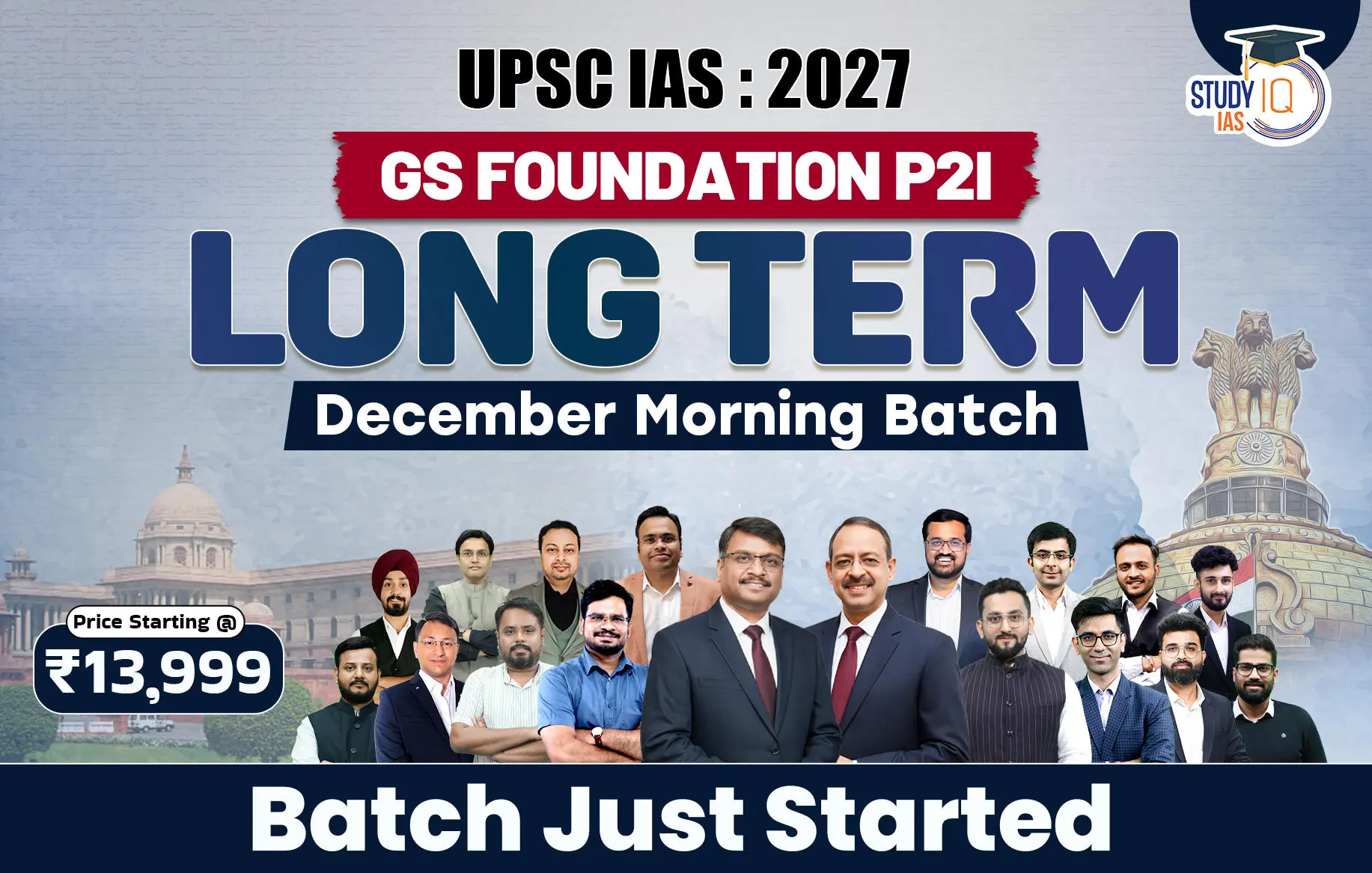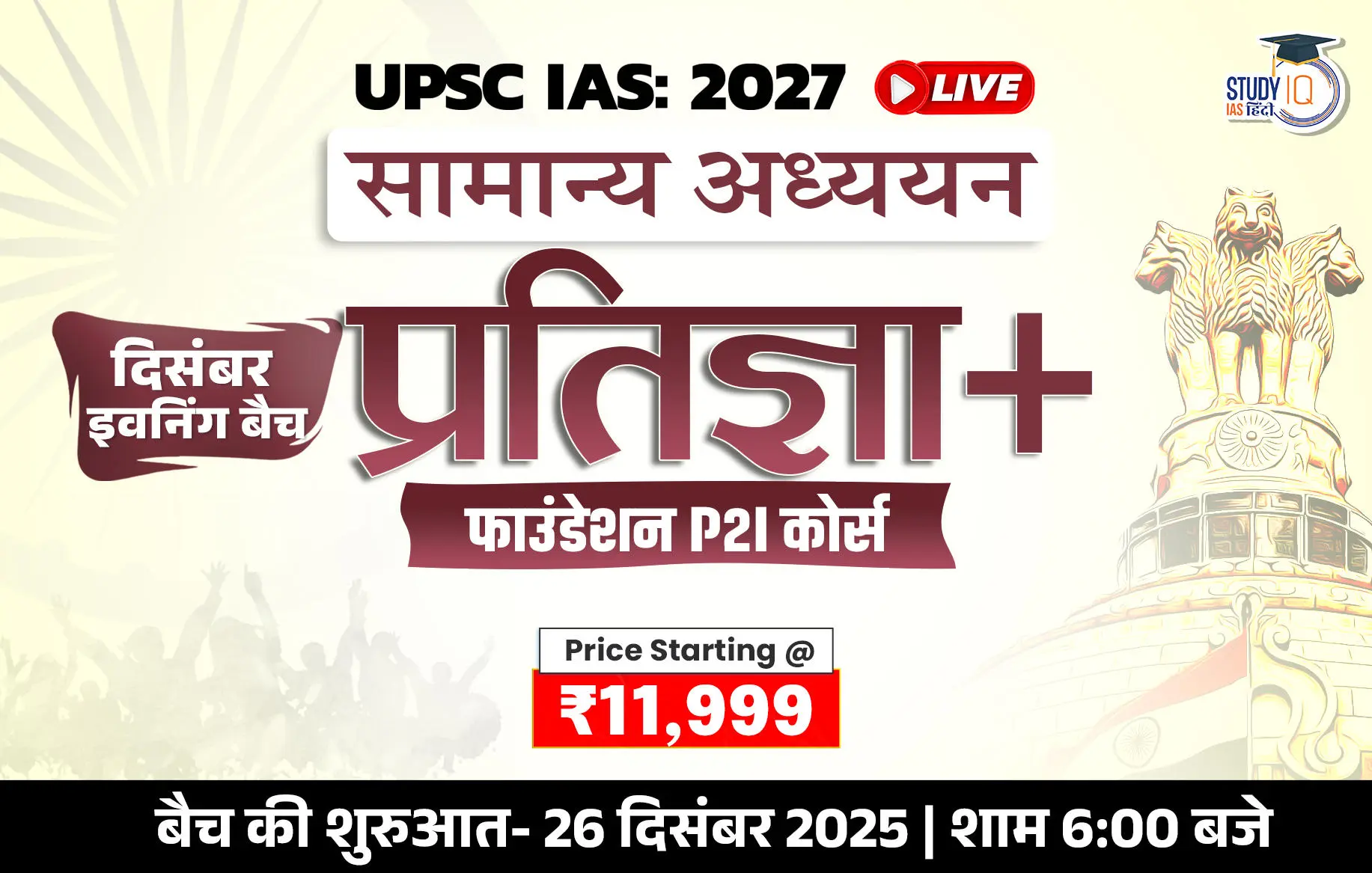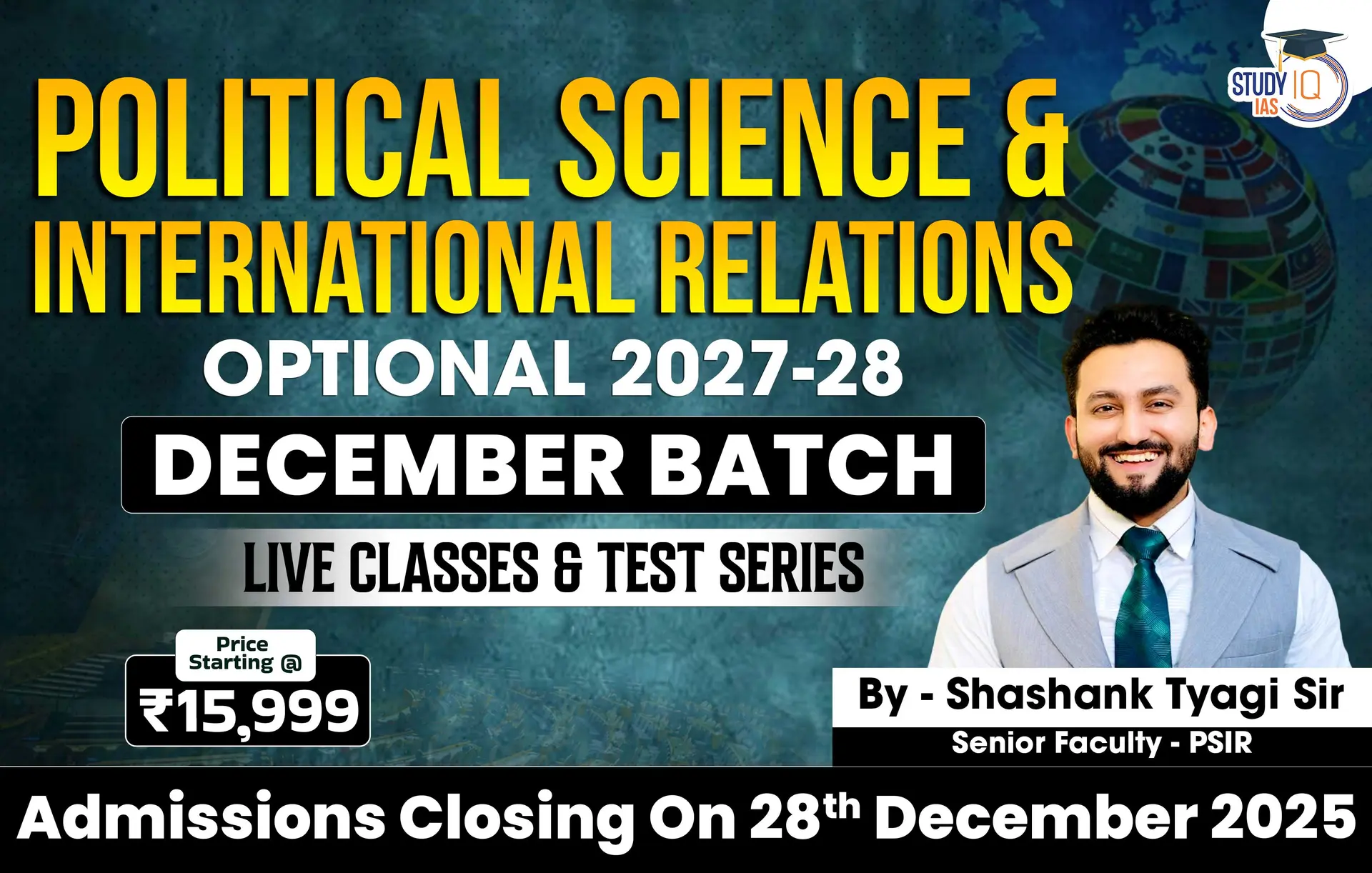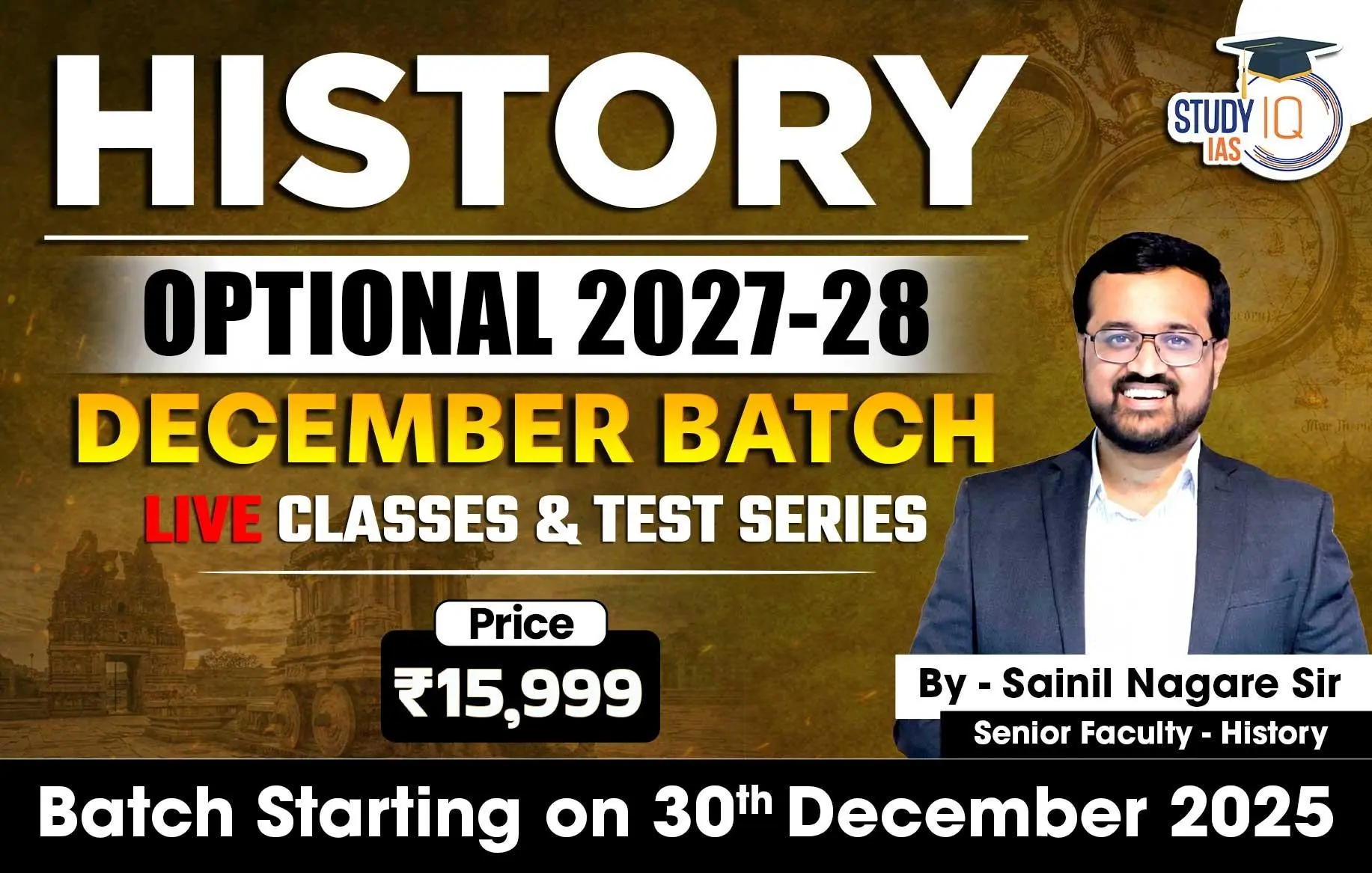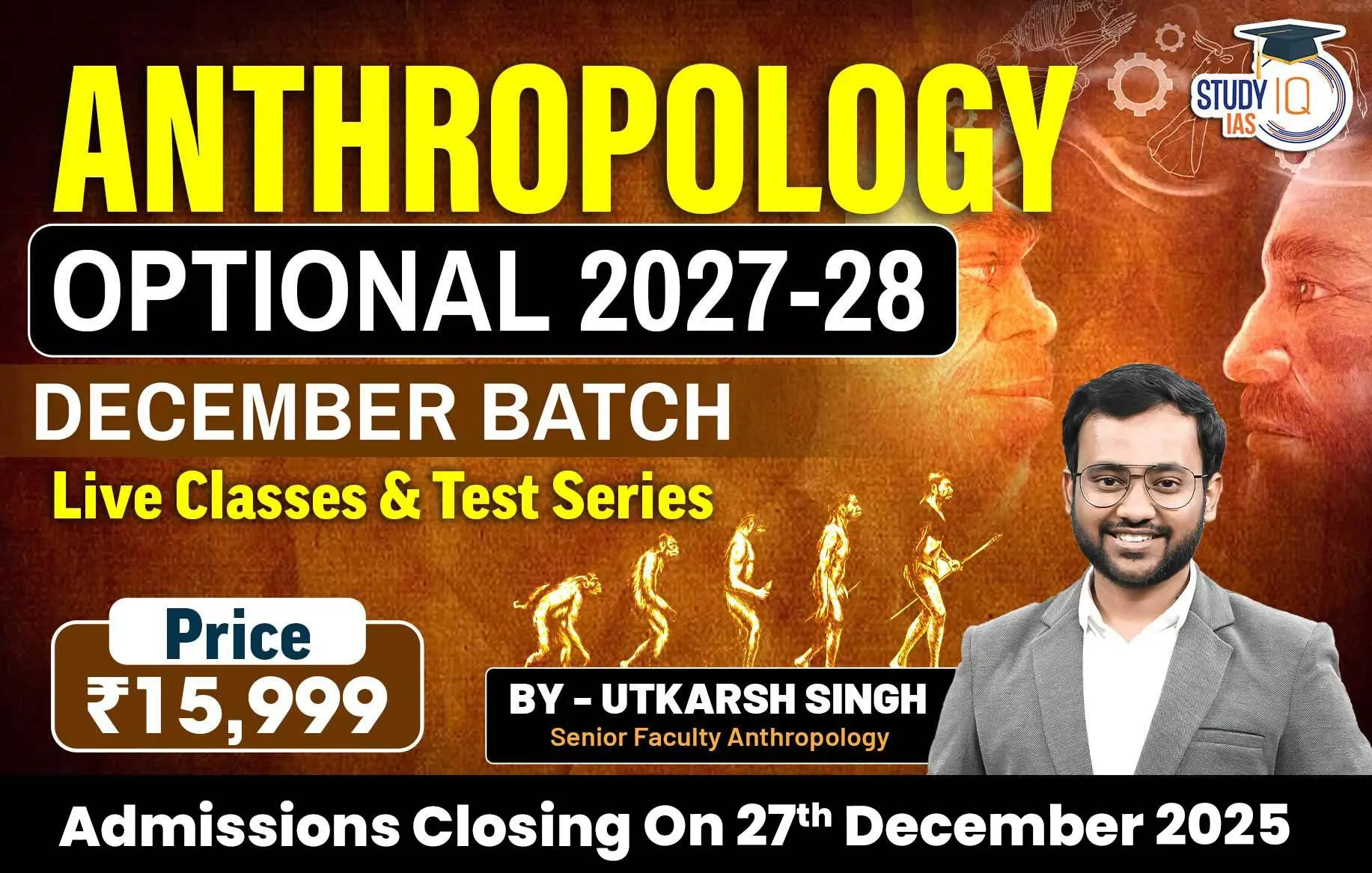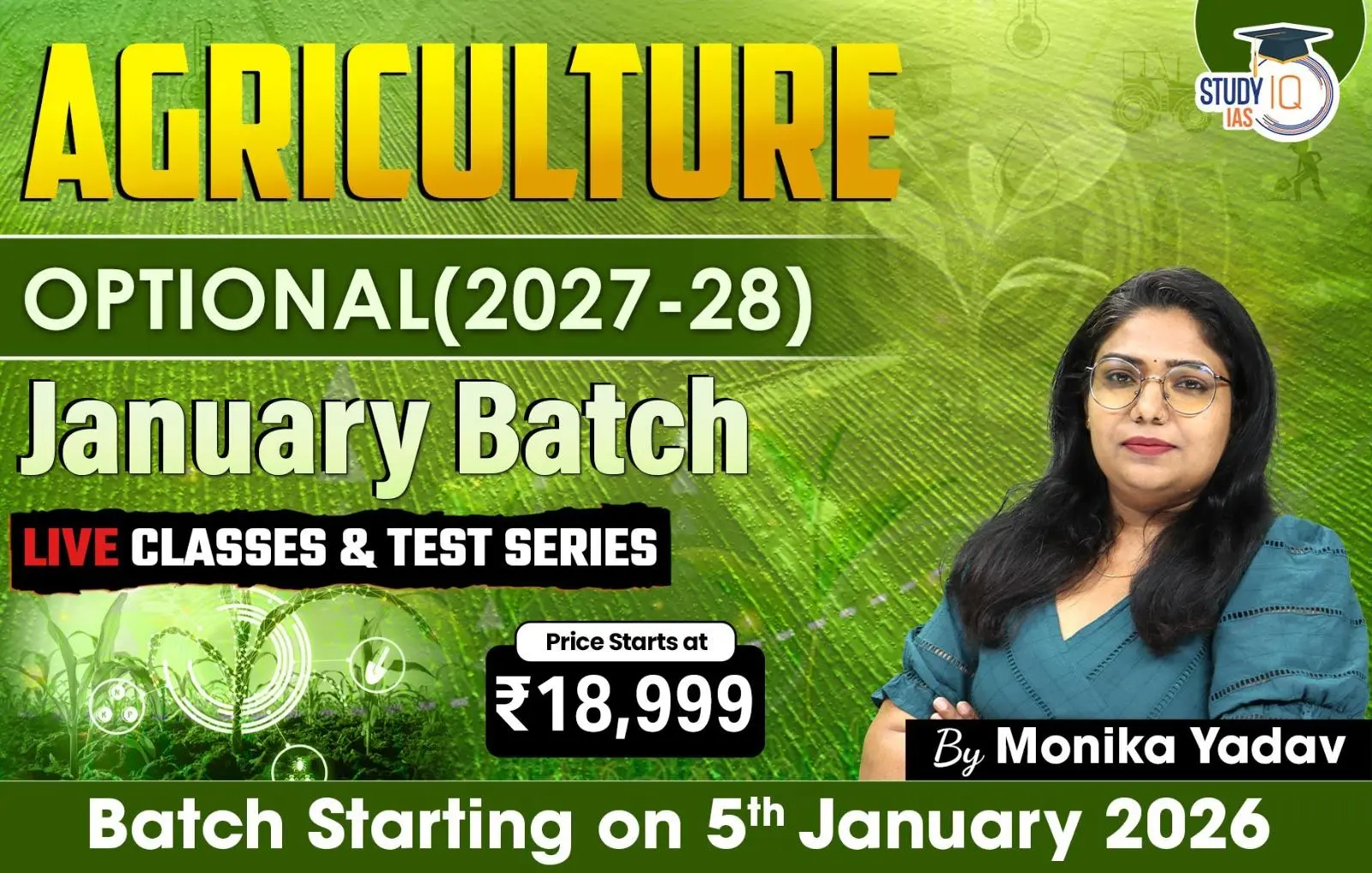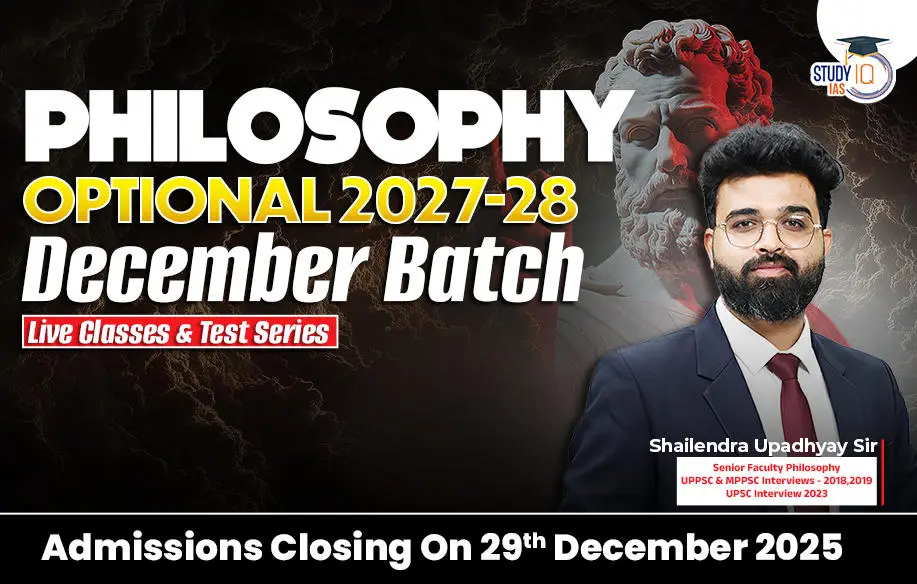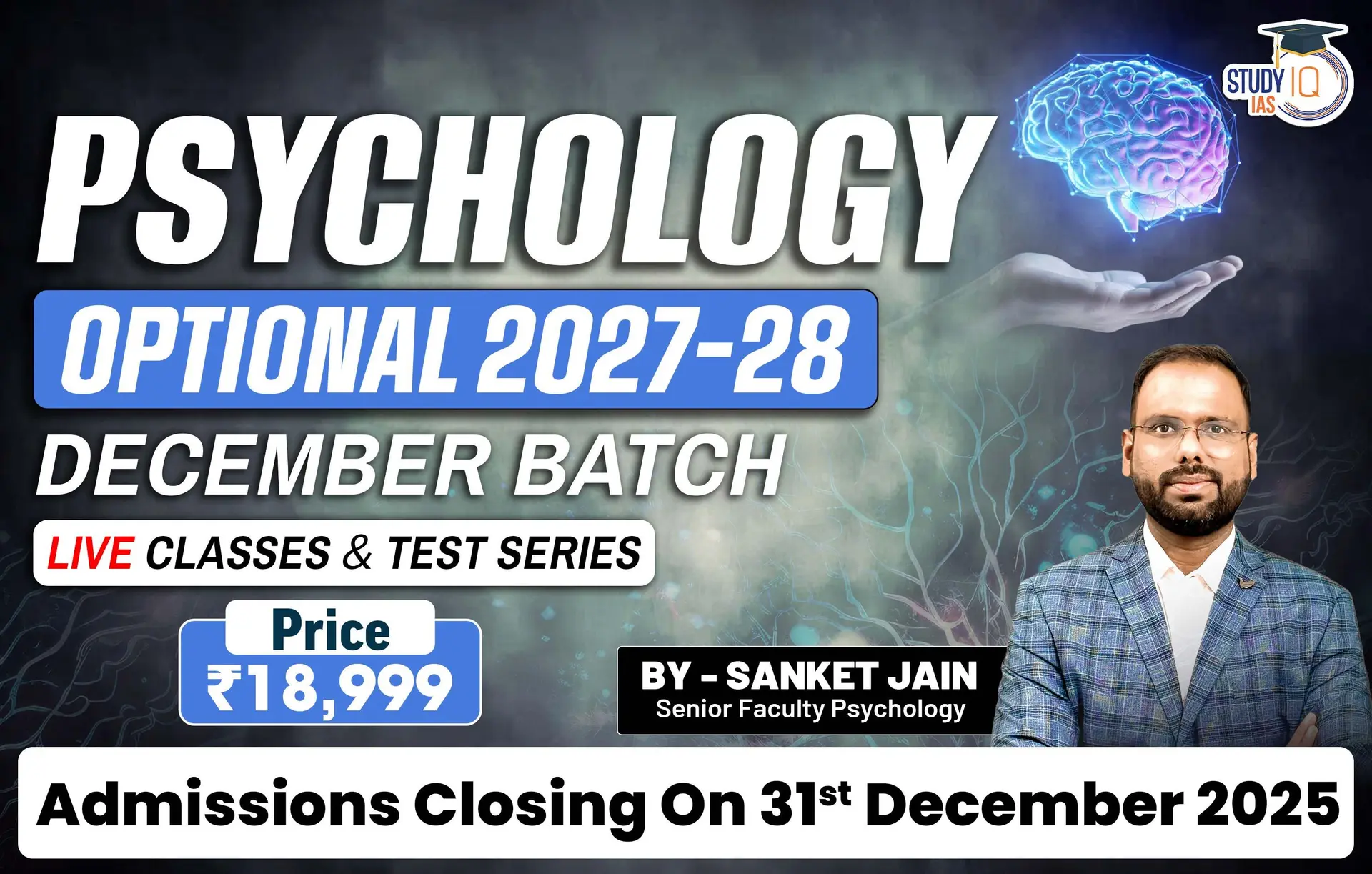Table of Contents
Persistent Organic Pollutants (POPs) are toxic chemicals that adversely affect human health and the environment. They persist in the environment for long periods, bioaccumulate through the food web, and pose a risk of causing adverse effects to humans and wildlife.
About Persistent Organic Pollutants (POPs)
- Persistence: Resistant to environmental degradation through chemical, biological, and photolytic processes.
- Bioaccumulation: Accumulate in the fatty tissues of living organisms, including humans.
- Toxicity: Cause adverse health effects, including cancer, neurological damage, reproductive disorders, and disruption of the immune system.
- Long-range Environmental Transport (LRET): Travel long distances through air, water, and migratory species.
| Stockholm Convention on Persistent Organic Pollutants |
|
Sources of POPs
- Industrial: Use in manufacturing (e.g., PCBs in electrical equipment).
- Agricultural: Pesticides such as DDT, Aldrin, and Chlordane.
- Unintentional: By-products of industrial processes (e.g., Dioxins and Furans from waste incineration).
Examples of POPs
- Pesticides: DDT, Aldrin, Endrin, Chlordane.
- Industrial Chemicals: Polychlorinated Biphenyls (PCBs), Hexachlorobenzene (HCB).
- By-products: Dioxins, Furans.
Effects of POPs
- On Humans:
- Endocrine disruption.
- Increased cancer risk.
- Neurological damage.
- Reproductive and developmental issues.
- On Environment:
- Harm to biodiversity and ecosystems.
- Contamination of soil and water.
- Threats to food security due to bioaccumulation in the food chain.
International Efforts to Combat POPs
- Stockholm Convention (2001):
- A global treaty to eliminate or restrict the production and use of POPs.
- Covers 12 initial POPs, also known as the “Dirty Dozen,” including DDT, PCBs, and Dioxins.
- Later expanded to include more chemicals.
- Basel Convention:
- Focuses on controlling the transboundary movement of hazardous wastes.
- Rotterdam Convention:
- Promotes shared responsibilities in the import and export of hazardous chemicals.
- Global Environment Facility (GEF):
- Provides financial assistance to developing countries to address POPs.
India’s Response to POPs
- Ratification of Stockholm Convention (2006):
- India has banned several POPs like DDT for agricultural use.
- Regulatory Framework:
- Hazardous and Other Wastes (Management and Transboundary Movement) Rules, 2016.
- Environment (Protection) Act, 1986.
- Programs and Initiatives:
- National Implementation Plan for POPs.
Challenges in Addressing POPs
- Lack of awareness among stakeholders.
- Inadequate infrastructure for monitoring and managing POPs.
- Economic constraints in adopting alternatives.
- Enforcement gaps in regulations.
Way Forward
- Strengthening Regulations: Enhance enforcement of existing laws and compliance mechanisms.
- Promoting Alternatives: Invest in research for safer, eco-friendly substitutes.
- Awareness Campaigns: Educate stakeholders about the risks of POPs.
- Global Cooperation: Strengthen participation in international conventions and collaborative efforts.
- Capacity Building: Equip institutions with advanced technology and training for POP management.
Conclusion
Persistent Organic Pollutants are a global environmental and public health challenge. Mitigating their impact requires concerted efforts at local, national, and global levels, coupled with strong regulatory frameworks, scientific innovation, and public participation.

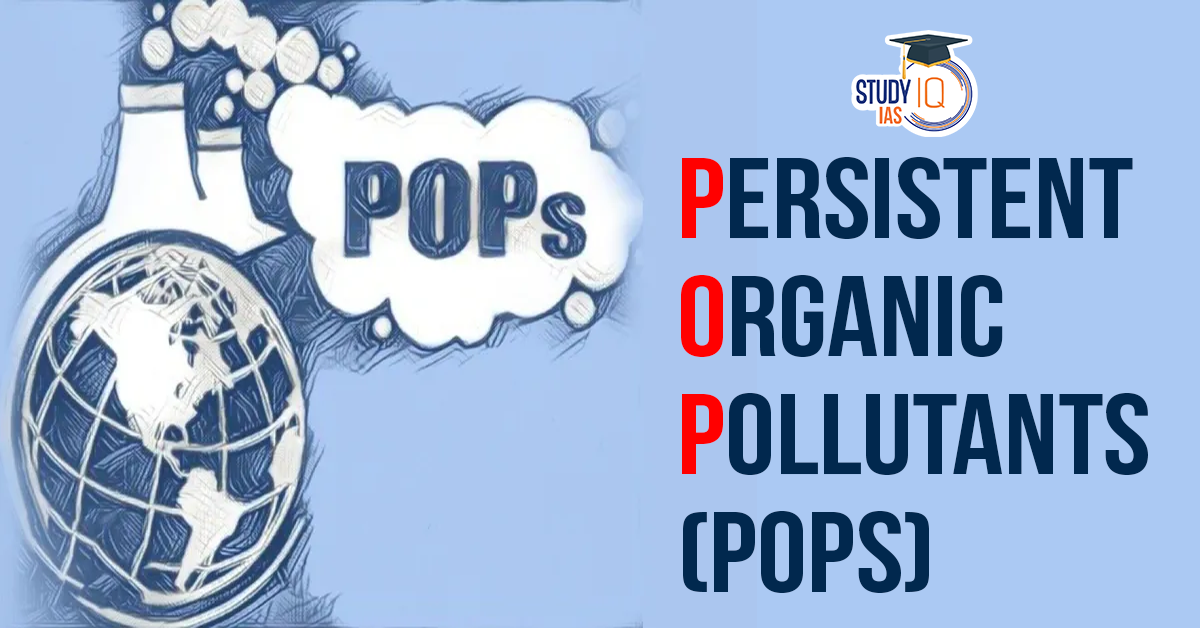
 List of National Parks in India 2025, Ch...
List of National Parks in India 2025, Ch...
 Bonnet Macaques: Habitat, Features, Beha...
Bonnet Macaques: Habitat, Features, Beha...
 Periyar Tiger Reserve, Map, Flora, Fauna...
Periyar Tiger Reserve, Map, Flora, Fauna...

